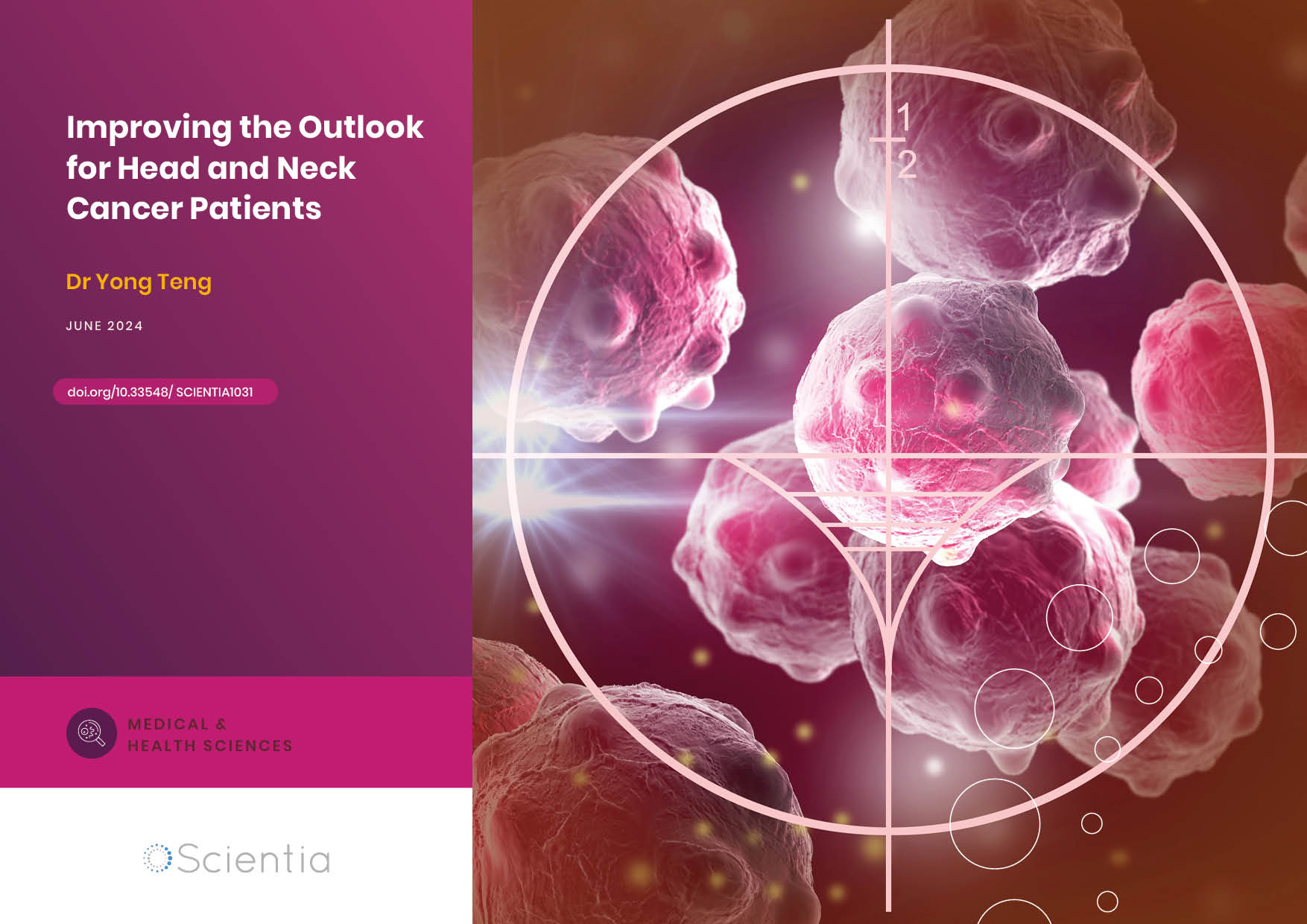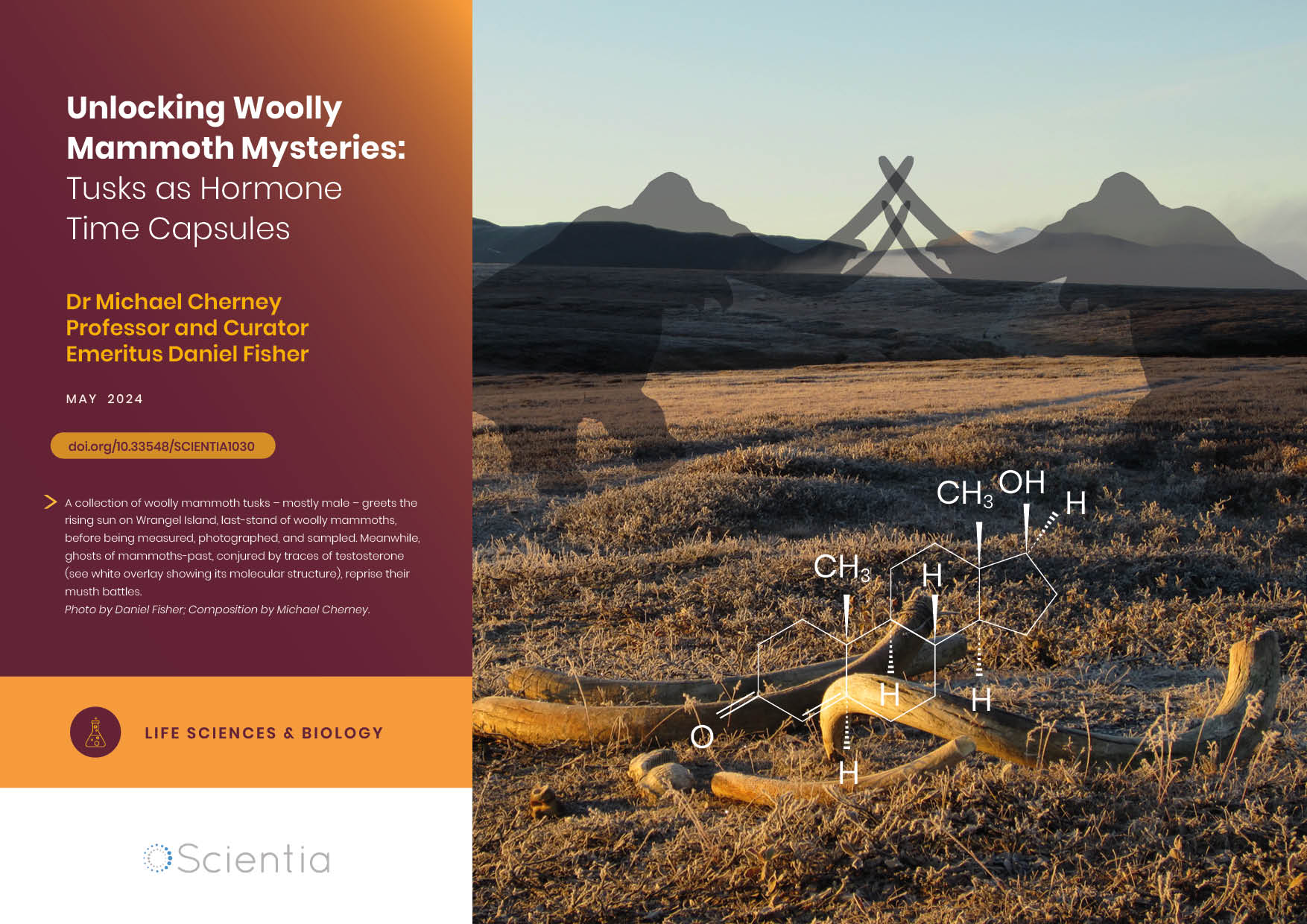Dr Lakshmi Mahadevan – Mental Health First Aid: Bridging the Gap between Rural Communities and Access to Care
In the USA, poor mental health and opioid addiction are prominent and widespread. With a lack of understanding and resources in many rural areas in Texas, many people facing mental health and addiction challenges do not know where to turn. Dr Lakshmi Mahadevan at Texas A&M AgriLife Extension Service is helping to train up rural communities in Mental Health First Aid (MFHA) so that they can provide better care for those in need.
The Chemical Balance of Mental Health
Mental health is becoming an increasingly widely and openly discussed topic. Looking after mental wellbeing is an essential part of our overall health, yet it is still too often overlooked and stigmatised. Many people are unaware of who or where to turn to when in need, or even that they may require help. This often prevents people from seeking medical treatment and tragically, many succumb to their mental illness.
In the USA, 130 people die by suicide every single day and one in every four adults lives with some form of mental illness. Depression is one of the most common mental illnesses and many people will experience it at some point in their life. This is because it can be triggered by stressful or traumatic events in life such as losing a loved one or a job or giving birth (known as postpartum depression). However, depression can also be genetic and run in families, but also, there may be no obvious cause at all. This is the same for another common mental health issue, anxiety. This disorder presents as worries and fears that can even result in physical manifestations such as heart palpitations and nausea.
In both disorders, whatever the root cause, there is an imbalance of brain chemicals called neurotransmitters. These important chemicals help to control and regulate all sorts of cognitive functions like mood, emotions, concentration and memory by sending signals throughout the brain. Therefore, when neurotransmitters are not working properly, these functions are disrupted and different mental health issues can arise. The specific issue that arises depends on which neurotransmitters are affected. For example, people with depression tend to have too little of the neurotransmitters known as dopamine, norepinephrine and serotonin.
Attempting to balance an individual’s brain chemistry is one of the primary targets for mental illness treatments. This may be achieved through talking treatments such as cognitive behavioural therapy, medications and improving behavioural habits like exercising or reducing any existing alcohol or drug consumption.

Targeting Opioid Misuse in Rural USA
Drug and alcohol use is a real problem amongst many coping with mental health challenges. In the USA, around a quarter of adults who have an opioid use disorder also have a substantial mental illness. The opioid crisis in the USA has been a burgeoning public health issue for years and in 2019, unintentional drug overdose-related deaths remained high. Of these deaths, 72.9% were attributed to opioids and this figure continues to rise.
In the same year, over 21.2 million people over 12 years of age required but did not receive treatment for substance disuse. We also know that over half of adults with a mental illness either do not look for or receive the treatment they need. During 2017–2019, the annual average prevalence of past-year mental health service use among those with any mental illness in Texas was 39.5% (or 1.4 million), lower than both the regional average (41.2%) and the national average (43.6%). Clearly, there is a real need for appropriate and effective health interventions to improve the care of those suffering from mental illness and opioid addiction.
This is the goal of Dr Lakshmi Mahadevan and her colleagues who have developed the Mental Health First Aid in Rural Texas (MHFA_RTX) programme through the AgriLife Extension Service at Texas A&M System. This project, funded by the US Department of Agriculture, aims to reduce opioid misuse and improve mental health service seeking behaviours in the rural counties of Texas.
The programme has an established set of objectives to help them achieve this goal. First and foremost, Dr Mahadevan and her team wish to raise awareness of opioid misuse and its related risky behaviours in multiple rural Texas counties. Through Mental Health First Aid (MHFA) training, they will also increase and improve mental health literacy (knowledge and understanding) of adults who interact with young people or other adults in rural communities. Trainees will also be provided with overdose reversal administration (NARCAN) kits in order to reduce harm, prevent overdose and increase education on this difficult issue. Education is a key component of MHFA_RTX and the team want to teach communities how to come together to address the opioid problems in their specific areas.

Mental Health First Aid Training
Although first aid is a well-understood concept, it may be unfamiliar for many to associate it with mental health. However, it is an essential element of the MHFA_RTX programme. There are a number of key aspects to MHFA that help people to safely identify and address a potential mental health challenge or substance use disorder. This is achieved through an action plan that can be taught and learned through proper training. Dr Mahadevan and colleagues are certified by the National Council for Mental Wellbeing to provide such MHFA training for adults residing or providing services within rural Texas.
Trainees learn how to spot the signs and symptoms of mental health challenges in the people around them. They are specially trained on the symptoms of anxiety, depression, psychosis, substance abuse, self-harm and suicidal behaviours and the available treatment options. However, it is important for them to understand that they are not creating a diagnosis, but rather, understanding that there may be an issue and what that issue may be. They are also taught that mental illness can be treated and when help is sought earlier rather than late recovery is possible, but that stigma, poor access, cost and fear often deter people from seeking professional help. Trainees of the MHFA programme are shown how to be patient, calm, non-judgemental and reassuring with those experiencing a mental health challenge or crisis. This is important so that they can give timely MHFA to prevent serious self-injury.
Those learning MHFA are given the knowledge and tools to administer effective aid to a person struggling with their mental health and potentially substance abuse, which has the capacity to save lives. The programme emphasises to trainees that identifying and responding to early signs of mental illness and substance use can allow them to point the person they have identified to the appropriate professional or interim self-care. In turn, MHFA has the potential to reduce the burden of these disorders on their sufferers whilst reducing the stigma and hesitation around discussing them. Consequently, the work by Dr Mahadevan could improve the understanding of mental health and its related concerns to allow for better outcomes.

Accomplishments of the Programme
One group that received training from the MHFA-RTX programme was the Military Families Learning Network, but other areas in Texas have also benefited. After completing the initial stages of the programme, Dr Mahadevan surveyed the participants, who showed promising signs of development. All of them reported that they had increased their knowledge of mental health and all received certification as a mental health first aider. Each participant was also successfully provided with opioid overdose prevention and reversal kits.
The trainees were also well educated on how to collaborate with their communities by creating First Responders Advisory Groups (FRAG) and Recovery Orientated Systems Coalition (ROSC). FRAGs are composed of local law enforcement personnel, district attorneys, emergency workers, pharmacological experts and other individuals who can help. They come together to improve how opioid episodes are dealt with in an emergency, how outcomes can be bettered and have productive discussions with law enforcement. ROSCs are a committee of local people representing a community’s available resources – community health centres, medical personnel, and so on. They can meet to discuss and act on improving the prevention, rehabilitation and recovery of opioid users.

Dr Mahadevan believes that bringing together and educating rural communities in this way is making and will continue to make a real impact on their health and wellbeing.
The work of Dr Mahadevan and her team has made a significant impact on these rural communities who were lacking the knowledge and training of how to deliver proper mental health and drug care to their citizens. With these newly trained Mental Health First Aiders (139 in total), and with more surely to come, those who need help in these communities will now be safer, better understood and provide ‘hope with facts’.
Reference
https://doi.org/10.33548/SCIENTIA742
Meet the researcher

Dr Lakshmi Mahadevan
Texas A&M AgriLife Extension Service
Texas A&M University
College Station, TX
USA
Dr Lakshmi Mahadevan received her BA in Psychology at the Sophia College for Women in Mumbai, India and then her MA in Special Education from the Women’s Christian College in Chennai. She went on to achieve her PhD in Career Development Education from the Department of Education Psychology at Texas A&M University in College Station, Texas in the USA. During her career, Dr Mahadevan has filled multiple roles within this university, including Programme Coordinator and Associate Professor. She is currently an Associate Professor and Extension Specialist for Special Populations in the Texas A&M AgriLife Extension Service. This is also where Dr Mahadevan carries out her work into reducing opioid misuse and providing Mental Health First Aid in rural communities in Texas.
CONTACT
Twitter: https://twitter.com/ctespecialpops
KEY COLLABORATORS
Rachel Brauner: Military Families Learning Network, Military Caregiving
Texas A&M AgriLife Extension Service
Laurie Naumann: Success…Powered By You, Texas A&M AgriLife Extension Service
FUNDING
United States Department of Agriculture
National Institute of Food and Agriculture
FURTHER READING
L Mahadevan, Mental Health First Aid – Prevention, Intervention & Recovery, May 2021. Available at: https://militaryfamilieslearningnetwork.org/2021/05/14/mental-health-first-aid-prevention-intervention-recovery/

Want to republish our articles?
We encourage all formats of sharing and republishing of our articles. Whether you want to host on your website, publication or blog, we welcome this. Find out more
Creative Commons Licence
(CC BY 4.0)
This work is licensed under a Creative Commons Attribution 4.0 International License. 
What does this mean?
Share: You can copy and redistribute the material in any medium or format
Adapt: You can change, and build upon the material for any purpose, even commercially.
Credit: You must give appropriate credit, provide a link to the license, and indicate if changes were made.
More articles you may like
Dr Lifei Wang | Can Species Distribution Models Inform Us About Future Ecosystems?
The world is buzzing with news about how human activities and climate shifts are reshaping our ecosystems. Have you ever wondered how life will adapt to this rapidly changing world? Ecologists might be able to predict how different species will live in future using computer simulations. Dr Lifei Wang at the University of Toronto Scarborough investigates how different stimulations work under varying conditions to provide new insights into what may lie ahead.
Dr Yong Teng | Improving the Outlook for Head and Neck Cancer Patients
Dr Yong Teng at the Emory University School of Medicine is working with colleagues to overcome the high mortality of individuals diagnosed with cancers affecting the head and neck. One of his approaches is based on understanding the particular mechanisms of the ATAD3A gene, which new insights suggest are closely related to cancers affecting the head and neck.
Dr Tsun-Kong Sham – Dr Jiatang Chen – Dr Zou Finfrock – Dr Zhiqiang Wang | X-Rays Shine Light on Fuel Cell Catalysts
Understanding the electronic behaviour of fuel cell catalysts can be difficult using standard experimental techniques, although this knowledge is critical to their fine-tuning and optimisation. Dr Jiatang Chen at the University of Western Ontario works with colleagues to use the cutting-edge valence-to-core X-ray emission spectroscopy method to determine the precise electronic effects of altering the amounts of platinum and nickel in platinum-nickel catalysts used in fuel cells. Their research demonstrates the potential application of this technique to analysing battery materials, catalysts, and even cancer drug molecules.
Dr Michael Cherney – Professor Daniel Fisher | Unlocking Woolly Mammoth Mysteries: Tusks as Hormone Time Capsules
The impressive tusks found on proboscideans (the order of mammals that includes elephants, woolly mammoths, and mastodons) are like time capsules, preserving detailed records of their bearers’ lives in the form of growth layers and chemical traces. Frozen in time for thousands of years, these layers can unlock secrets about the lives of long-extinct relatives of modern elephants. Dr Michael Cherney and Professor Daniel Fisher from the University of Michigan used innovative techniques to extract and analyse steroid hormones preserved in woolly mammoth tusks. This ground-breaking work opens new avenues for exploring the biology and behaviour of extinct species.




